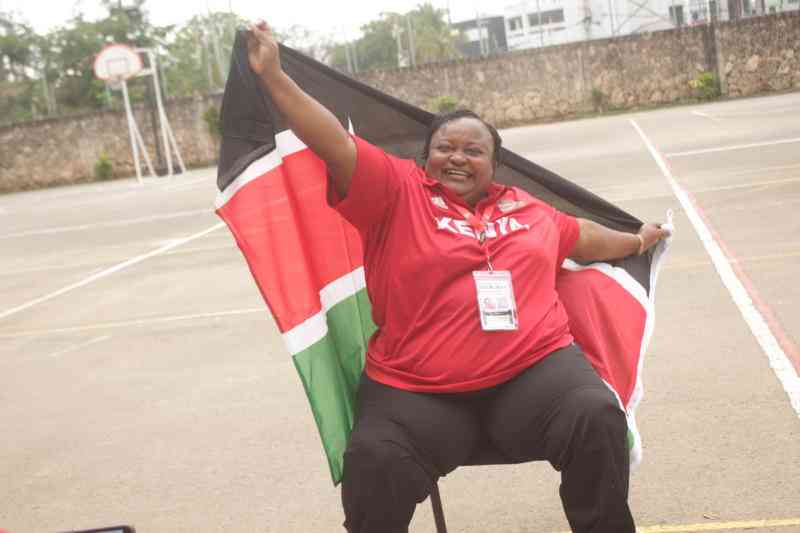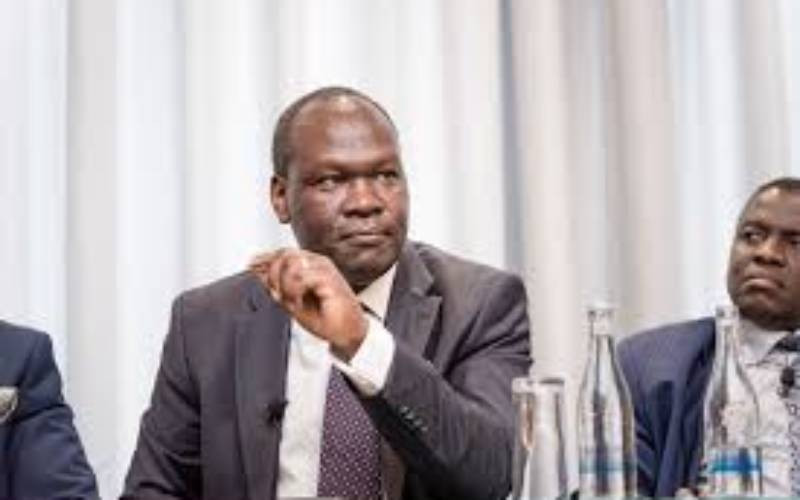According to the World Health Organization Unsafe abortion is one of the four main causes of maternal mortality and morbidity in the world. An estimated 22 million abortions continue to be performed unsafely each year worldwide, resulting in the death of an estimated 47 000 women and disabilities for an additional 5 million women annually. Most of these unsafe abortion occur in developing countries where abortion is legally highly restricted.
In Kenya abortion is not permitted unless, in the opinion of a trained health professional, there is need for emergency treatment, or the life or health of the mother is in danger, or if permitted by any other written law. No safe abortion is offered in any public health facility in Kenya. Safe abortion services can only be found in a few private hospitals at a higher cost and has frequently become the privilege of the rich, while poor women have little choice but to resort to unsafe providers, causing deaths and morbidities that become the social and financial responsibility of the public health system.
Unintended pregnancy is the main reason as to why young girls and women opt to seek abortion services. According to the World Health Organization, Among the 208 million women estimated to become pregnant each year worldwide, 59% (or 123 million) experience a planned (or intended) pregnancy leading to a birth or miscarriage or a stillbirth. The remaining 41% (or 85 million) of pregnancies are unintended.
Although Kenya has made impressive gains by investing on contraceptive use thus reducing the number of unintended pregnancies, it has not been able eliminated the need for access to safe abortion services. According to the World Health Organization, an estimated 33 million contraceptive users worldwide are expected to experience accidental pregnancy annually while using contraception. Some of the accidental pregnancies are terminated by induced abortions, and some end up as unplanned births.
We have to understand that whether abortion is legally more restricted or available on request, a woman’s likelihood of having an unintended pregnancy and seeking induced abortion is about the same. However, legal restrictions, together with other barriers, mean many women induce abortion to themselves or seek abortion from unskilled providers. The legal status of abortion has no effect on a woman’s need for an abortion, but it dramatically affects her access to safe abortion services. Where legislation allows abortion under broad indications, the incidence of and complications from unsafe abortion are generally lower than where abortion is legally more restricted.
Kenya is a signatory to both international and regional conventions/treaties. Article 2(6) of the Kenyan constitution states that any treaty or convention ratified by Kenya shall form part of the law of Kenya under this Constitution. The number of declarations and resolutions signed by Kenya over the past two decades such as the Maputo protocol and ICPD indicates a growing consensus that unsafe abortion is an important cause of maternal death that can and should be prevented through the promotion of sexuality education, family planning, safe abortion services to the full extent of the law, and post-abortion care in all cases. The consensus also exists that post-abortion care should always be provided and that expanding access to modern contraception is critical to the prevention of unplanned pregnancy and unsafe abortion.
Kenya must implement all the treaties it signed to the letter. Safe abortion is a human right and every woman has a right to access safe abortion services. Article 43 of the Kenyan constitution states that every person has the right to the highest attainable standard of health, which includes the right to health care services, including reproductive health care. Safe abortion is part of reproductive health.
Kenya must decriminalize abortion and provision of abortion care, to protect a woman’s life and health. An enabling regulatory and policy environment is needed to ensure that every woman who is legally eligible has ready access to good-quality abortion services. Policies should be geared to respecting, protecting and fulfilling the human rights of women, to achieving positive health outcomes for women, to providing good-quality contraceptive and family planning information and services, and to meeting the particular needs of poor women, adolescents, rape survivors and women living with HIV.
 The Standard Group Plc is a
multi-media organization with investments in media platforms spanning newspaper
print operations, television, radio broadcasting, digital and online services. The
Standard Group is recognized as a leading multi-media house in Kenya with a key
influence in matters of national and international interest.
The Standard Group Plc is a
multi-media organization with investments in media platforms spanning newspaper
print operations, television, radio broadcasting, digital and online services. The
Standard Group is recognized as a leading multi-media house in Kenya with a key
influence in matters of national and international interest.
 The Standard Group Plc is a
multi-media organization with investments in media platforms spanning newspaper
print operations, television, radio broadcasting, digital and online services. The
Standard Group is recognized as a leading multi-media house in Kenya with a key
influence in matters of national and international interest.
The Standard Group Plc is a
multi-media organization with investments in media platforms spanning newspaper
print operations, television, radio broadcasting, digital and online services. The
Standard Group is recognized as a leading multi-media house in Kenya with a key
influence in matters of national and international interest.








